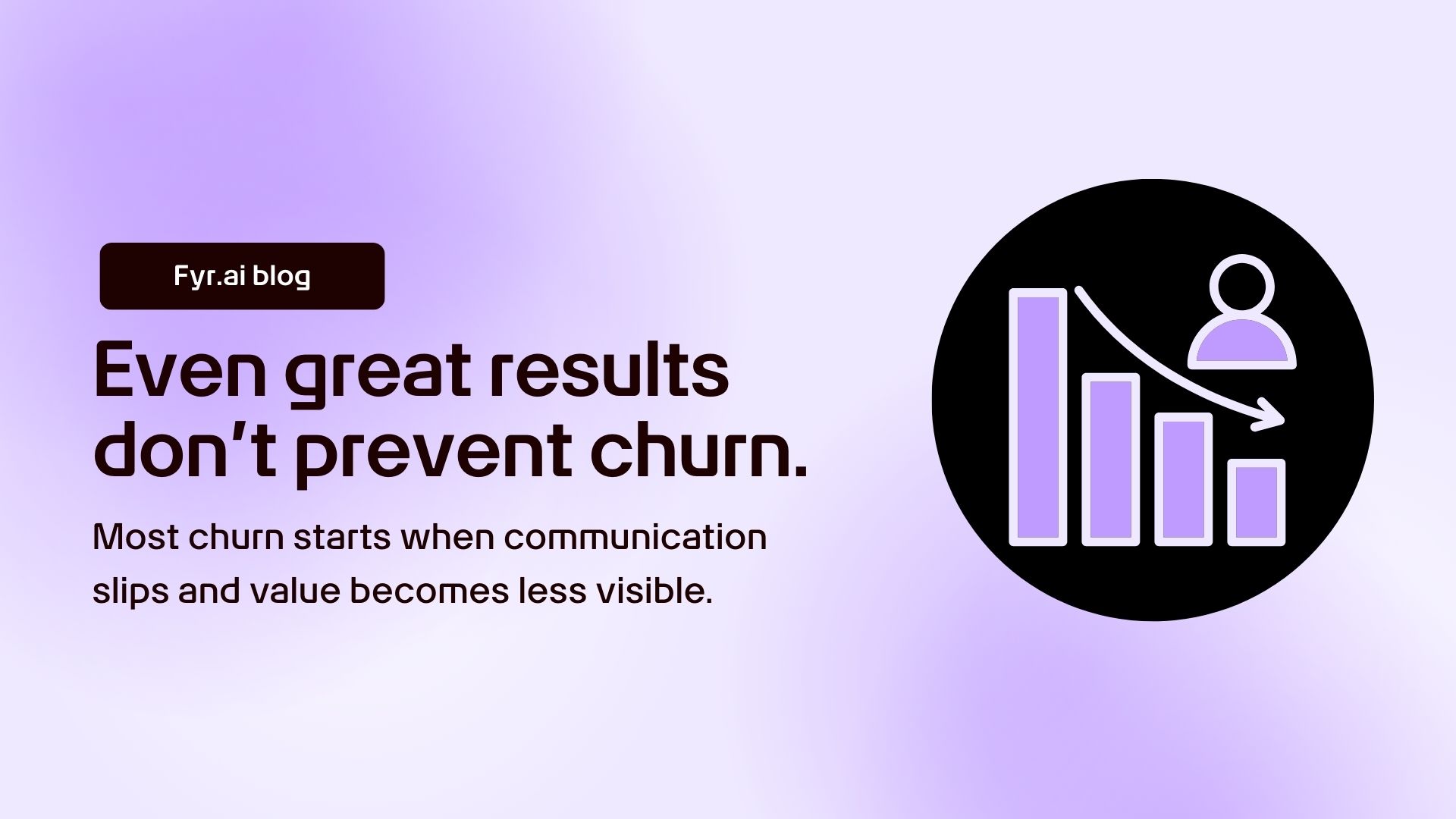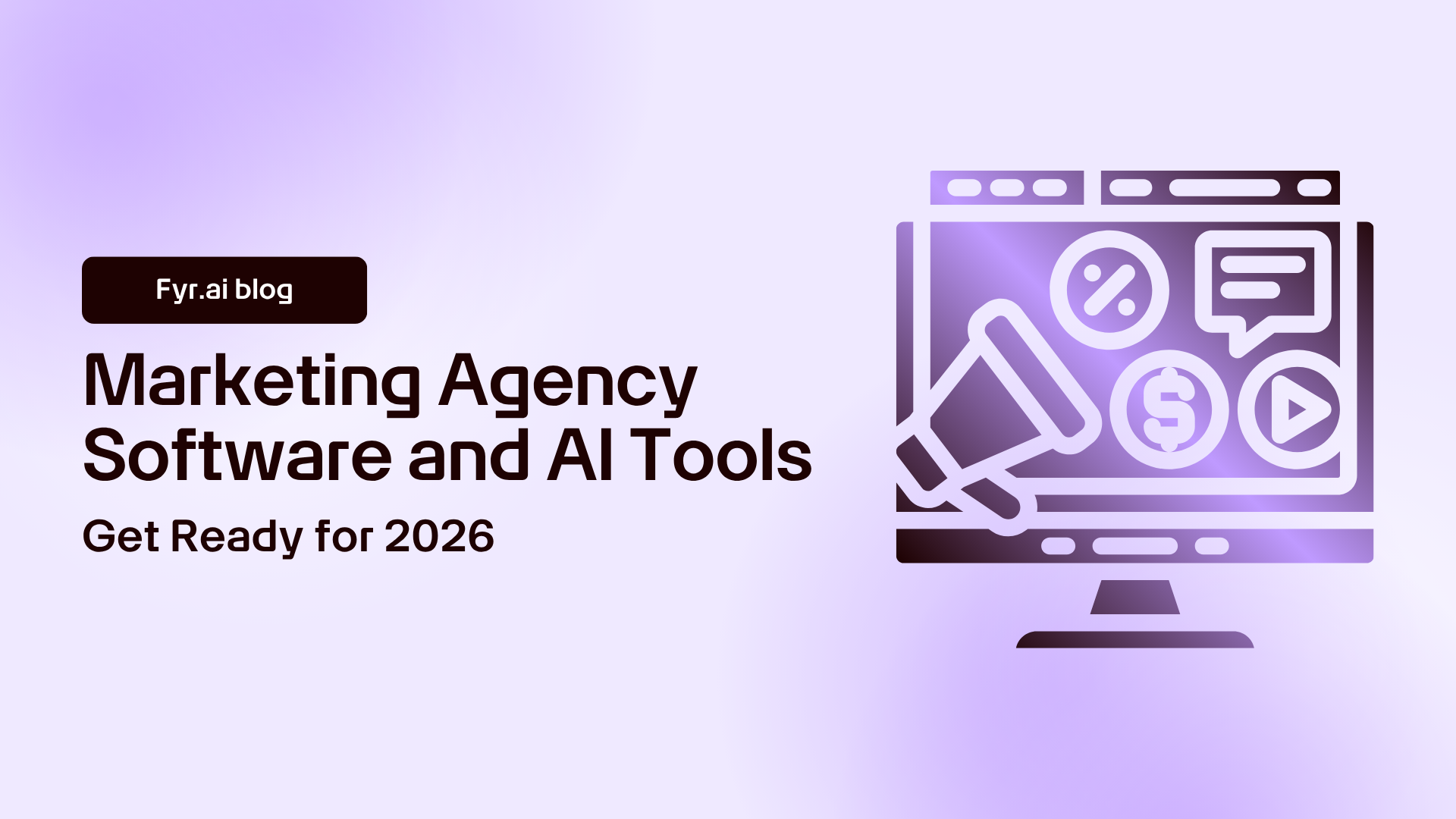Define your goals and objectives
The first thing you’ll have to do is to clearly define what you want to achieve with your digital marketing strategy. Be clear about your goals and objectives from the outset and keep them in mind when planning your campaign. Above all be realistic with the expected results. This is both for your own sake, missing set goals by a mile is demotivating and can influence your confidence, but also when communicating with stakeholders within your business.
The best way to create your goals is in close collaboration with relevant stakeholders within your organisation based on business objectives.
Know your audience
Make sure you understand your target audience and what they’re looking for online before you start creating content or planning your strategy. Don’t try to catch your entire audience with one campaign, one creative, or one problem statement. Look at your existing customers, what do they have in common and why did they buy your product or hire you to provide your services?
Choose the right channels
There are a lot of different digital marketing channels available, so it’s important to choose the ones that will work best for your business and your audience. Consider your budget and resources when making your choices.
With a limited budget focus on growing your audience in social media and/or newsletter, and improving your presence in organic search. If budget isn’t a problem you can add paid marketing on platforms like LinkedIn, Facebook, Instagram and Google. Ask yourself how your campaign fits on the different platforms and how they might work together. Remember that you should monitor all campaigns regularly, don’t set and forget!
Create compelling content
Content is key when it comes to digital marketing. Your content needs to be interesting, relevant, and valuable if you want people to pay attention to it. This applies irregardless of the distribution platform, or if it’s an article or an ad. People are busy, have low attention span and focused on their own problem. Your content should strive to be entertaining, informational, controversial, educational, or taught-provoking.
Measure and track your results
Keep track of your digital marketing campaign’s performance so you can see what’s working and what isn’t. Implement tracking on your website before enabling the campaigns to ensure that you’re capturing the results. Regularly review your analytics and make changes to your strategy as needed. There is no shame of pausing campaigns that aren’t working, and going back to the drawing board






